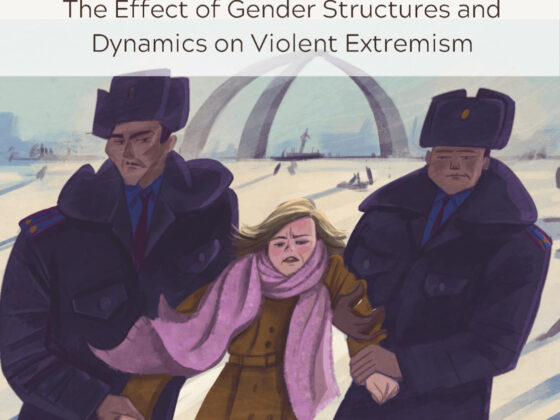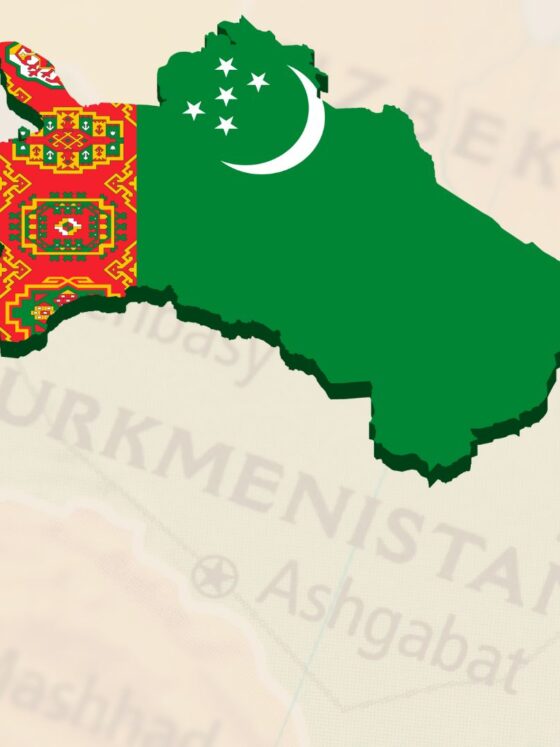The Mobilizing Potential of Communication Networks in Central Asia
What is the mobilizing and meaning-making potential of information and communication technologies (ICT s) in non-democratic regimes? This question has been studied globally, with the Arab Spring heightening the urgency and the stakes for social science theories of digital mobilization. In the semi-authoritarian regimes of Central Asia, where access to the Internet has risen dramatically in the last decade, various online platforms have served as stages for state-sponsored identity construction and grassroots debates about memory and belonging. This roundtable brings together early-career female scholars who seek to advance the region-specific debate about the mobilizing potential of ICTs in Central Asia.
Speakers
Dr. Jasmin Dall’Agnola holds a PhD in Politics and International Relations from Oxford Brookes University. She is an Associated Research Fellow at the OSCE Academy in Bishkek.
Dr. Marina Zhir-Lebed has recently defended her PhD in Internet sociology at the University of Bamberg. She obtained her BA in political science at Kazakh-German University, Almaty, Kazakhstan and MA in sociology at University of Bamberg, Germany.
Cordelia Buchanan Ponczek is a Clarendon Scholar at the University of Oxford, where she is studying for her DPhil on the political economy of natural resource investment in Central Asia.
Moderator: Sebastien Peyrouse, PhD, Research Professor at the Central Asia Program in the Institute for European, Russian, and Eurasian Studies, George Washington University.













